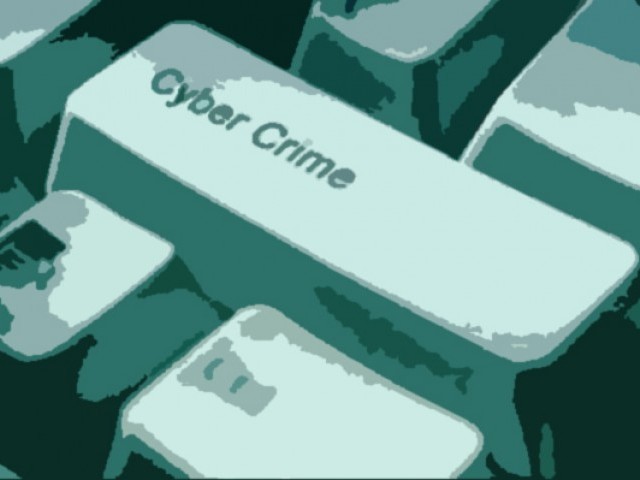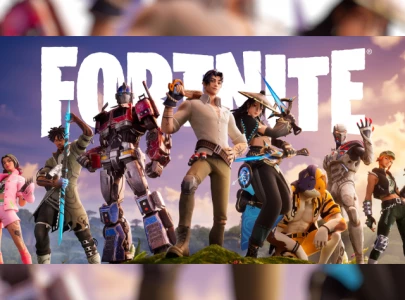
According to a statement issued on Wednesday, the event, organised by Blue Veins and other NGOs, was aimed at encouraging social activists and members of the public to highlight their reservations about the bill, propose a series of amendments to the bill and submit a position paper to the federal government. This will contain a series of recommendations on how the bill can be improved to ensure transparency and preserve freedom of expression.
Balancing priorities
“Nearly all participants at the event were of the view that the bill would hamper freedom of expression,” read the statement. “Furthermore, they believed if the bill becomes law, it could negatively impact the business and industrial sectors in the country.”
According to the document, civil society members lauded the government’s efforts to tackle cyber and electronic crimes.
“However, it is equally important to realise national security also includes personal security,” the statement quoted Blue Veins Programme Coordinator Qamar Naseem as saying. “As a result, all laws must aim to protect citizens rather than create obstacles for them.”
The statement added suggestions must be sought from technical experts on digital rights. “Tribal NGOs Consortium Coordinator Zar Ali Khan said the bill should be reviewed,” stated the document. “The government must ensure the rights of the public. Laws shouldn’t just be enacted, they must be implemented.”
Rights violations
According to the document, Pakhtunkhwa Civil Society Network Coordinator Taimur Kamal said the legislature has the right to make laws while civil society members must ensure these laws do not violate human rights.
“The bill should be amended in accordance with the globally accepted framework of human rights,” read the statement. Shafeeq Gigyani, an educationist, also highlighted some limitations in the law.
“The bill is against Article 19A of the Constitution of Pakistan,” the statement quoted him as saying. “Under this provision, every citizen has the right to access information in all matters of public importance.” According to the statement, Gigyani added lectures and presentations from prestigious educational institutes are available on video-sharing websites and their content can often be helpful.
“As a result, bans imposed on websites such as YouTube should be abolished as soon as possible,” read the document.
The participants at the event urged the Standing Committees on Human Rights in the National Assembly and Senate to call for a review of the draft before it is tabled in the House.
Published in The Express Tribune, August 6th, 2015.










1734778885-0/Untitled-(10)1734778885-0-270x192.webp)






COMMENTS
Comments are moderated and generally will be posted if they are on-topic and not abusive.
For more information, please see our Comments FAQ